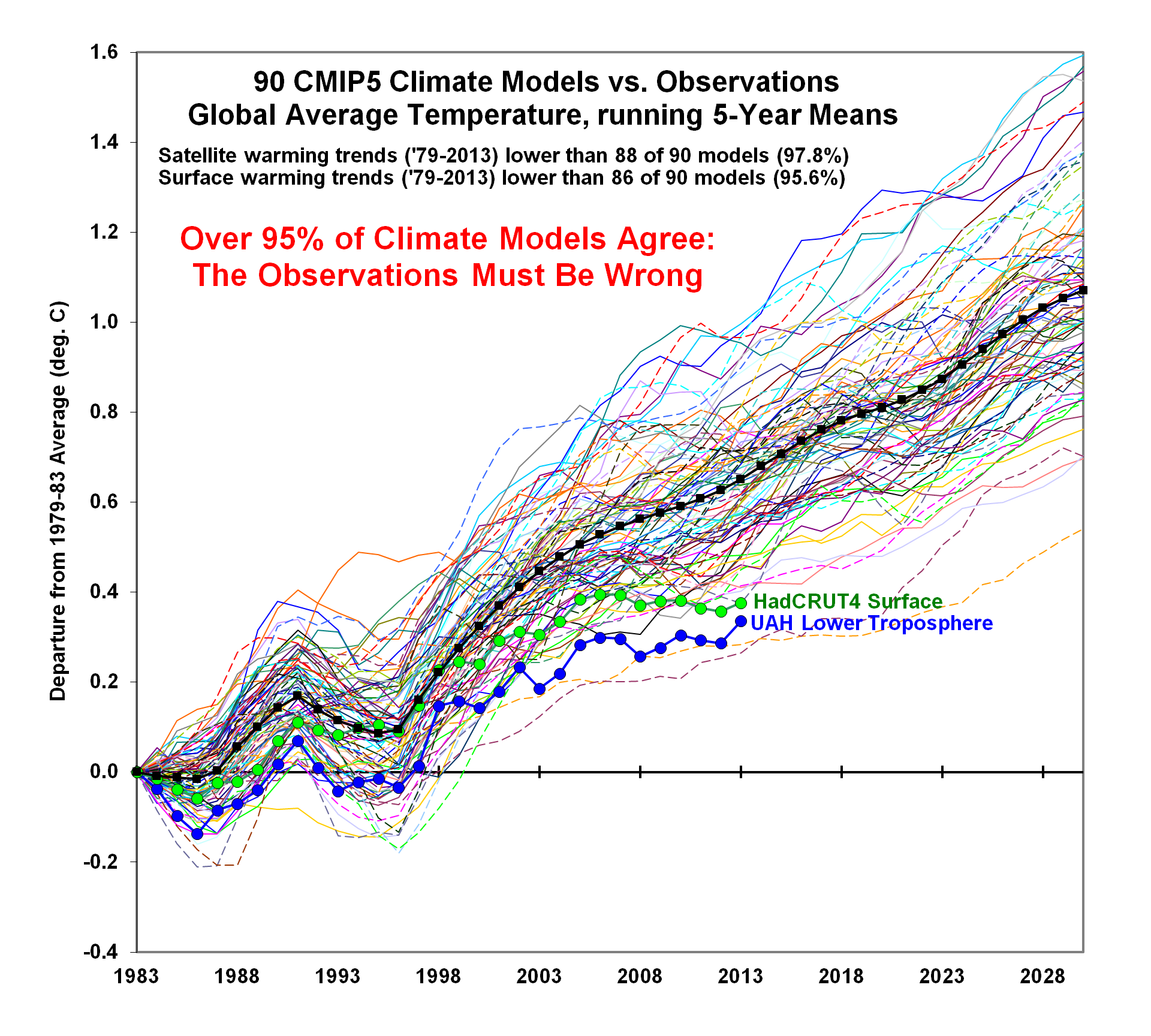You really are very hilarious, BoobyBobNutJob, in a sad pathetic sort of way.old scrocks #6. Land melt.Sea level rise due to ice melt......my god all I can do is laugh at the total ignorance in that statement. let me know when your drink over flows (after the ice in it melts).
Well, Billy_Boob, since we are talking of ice that is on land melting, yes, that does cause sea level rise.
I see you're terminally confused again, JustCrazy. As usual.
The continent of Antarctica is losing ice mass and that water is flowing into the ocean and raising sea levels. That is one point. Old BoobyBobNutJob expressed his retarded disbelief that melting ice could raise sea levels, comparing it to ice cubes in a glass of water. "Sea level rise due to ice melt......my god all I can do is laugh at the total ignorance in that statement. let me know when your drink over flows (after the ice in it melts)." OldRocks pointed out that melting ice that is on land does indeed add to sea level rise.
Then later there is the article I posted about how the melting of massive amounts of Antarctic ice is not the result of some possible sporadic volcanic activity under the West Antarctic ice shelves. That is the second point. These ice shelves are grounded below sea level so part of these glaciers are below sea level and exposed to the ocean waters. One of the scientists involved with the study if the volcanoes said this:
"According to Schroeder, Rignot’s paper, and another that came out in May, show that warm oceans are currently the main cause of glacier loss at the edge of the ice.
“The fastest glacial changes are happening where the ocean is warmer,” Schroeder said. “Geothermal heating is not enough by itself to have caused the observed changes.”
In response to those who are using his study to deny climate change, Schroeder confirmed that volcanic activity is not the dominant force of ice loss and rising sea levels."
He is obviously talking about the melting of the ice at the edge of the glacier where it is partly underwater.
You are so stupid, you can't even keep track of where your quotes are coming from. OldRocks was not referring to the exact same Antarctic ice melt as Dr. Schroeder is talking about, you poor confused fool.
YOU AREA FUCKING MORON!
The empirical evidence is clear and you wanna believe the model crap your being force feed with a dam fire hose. OHHHH NOOOOSOE IGNORE REALITY AND OBSERVATION.... ONLY THE MODELS ARE CORRECT...
Nothing but a modern day snake-oil salesman......
Nobody but you is talking about models, you moron. The evidence of Antarctic ice loss is observational, not based on models. You are so clueless, your posts might as well have been written by a dog. A retarded dog!
In your face:




